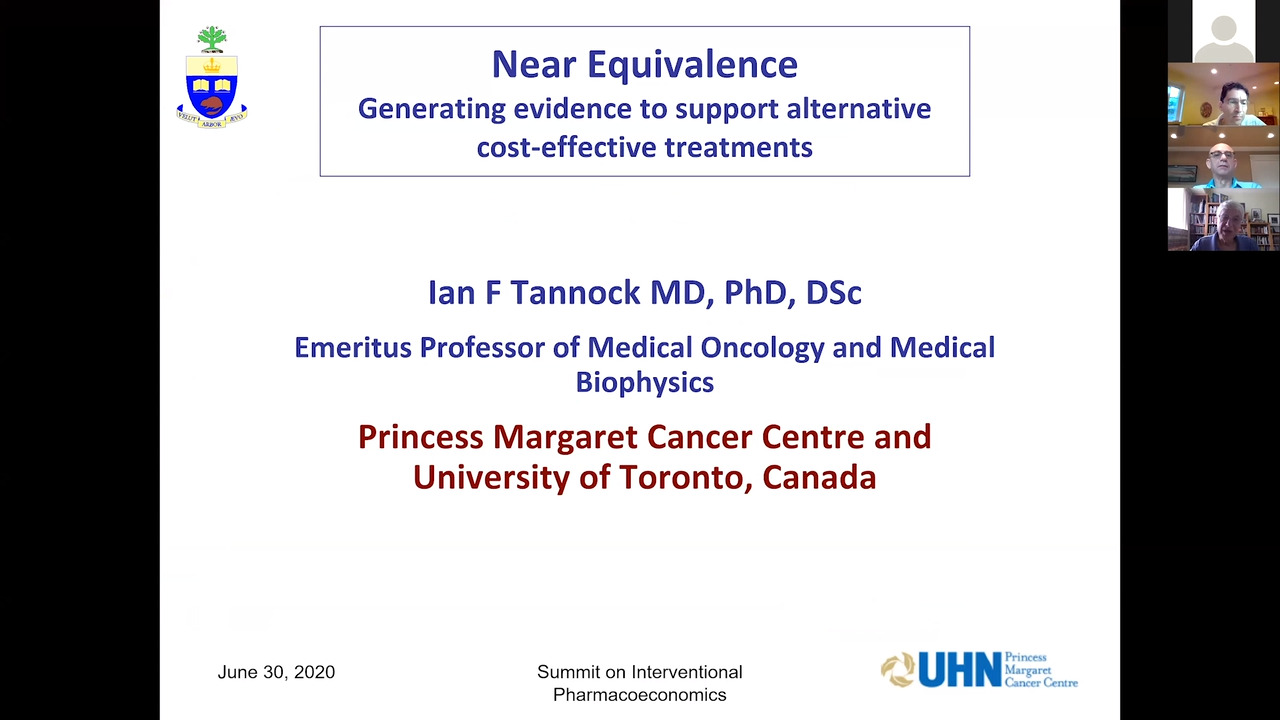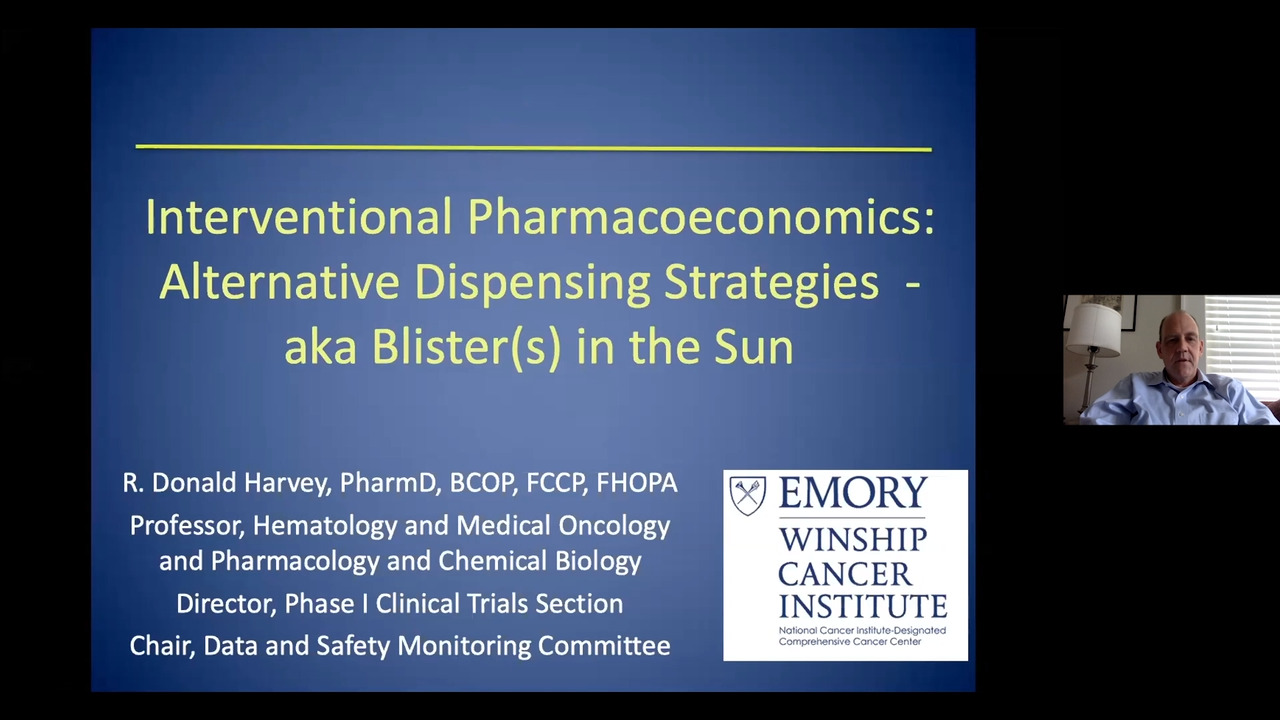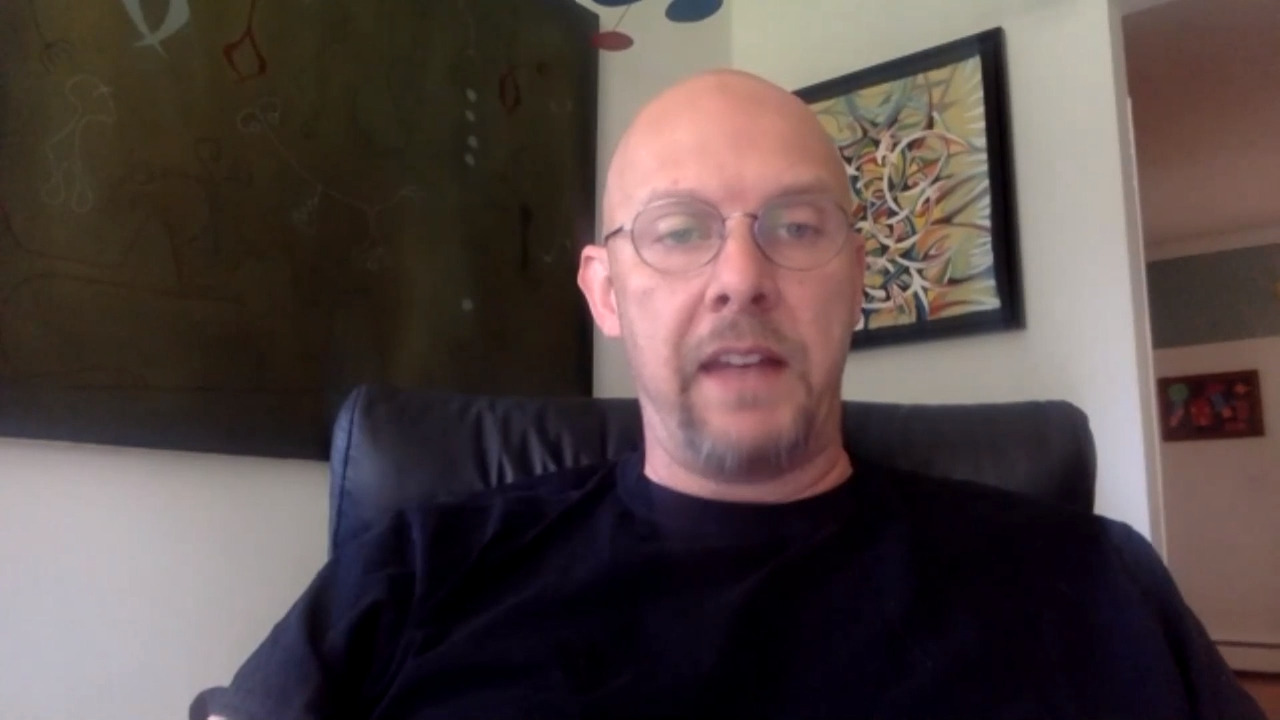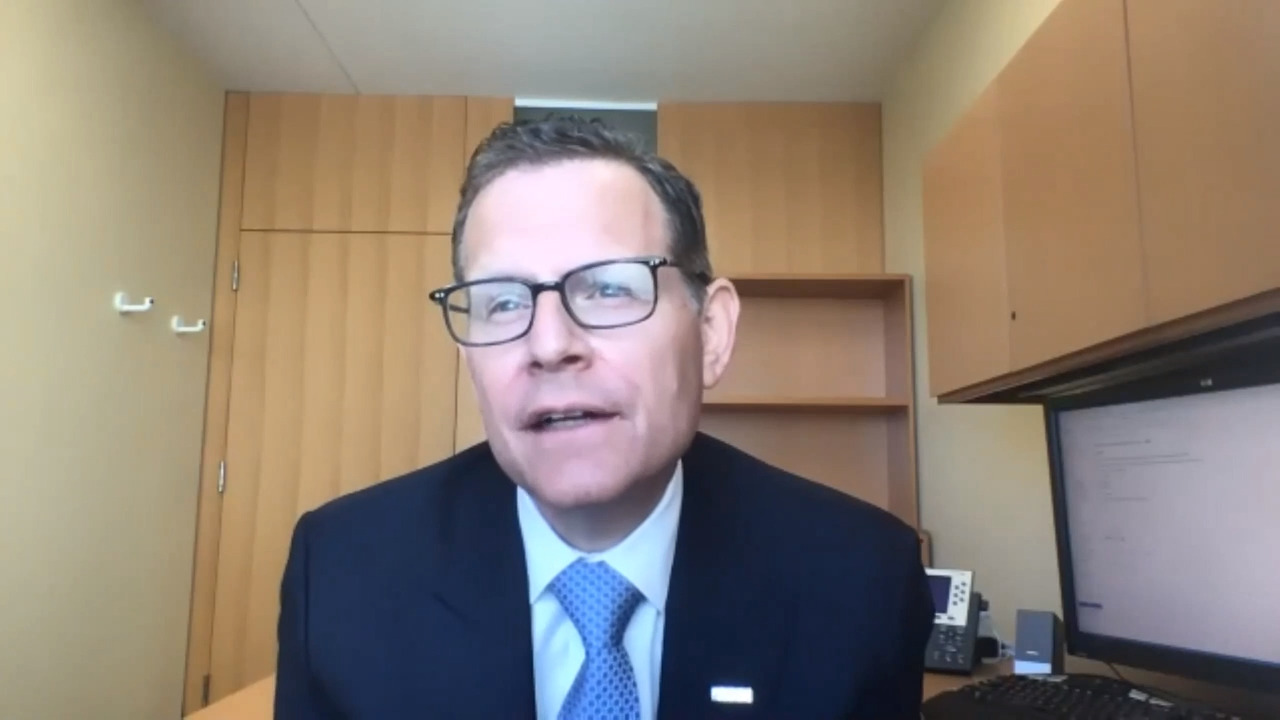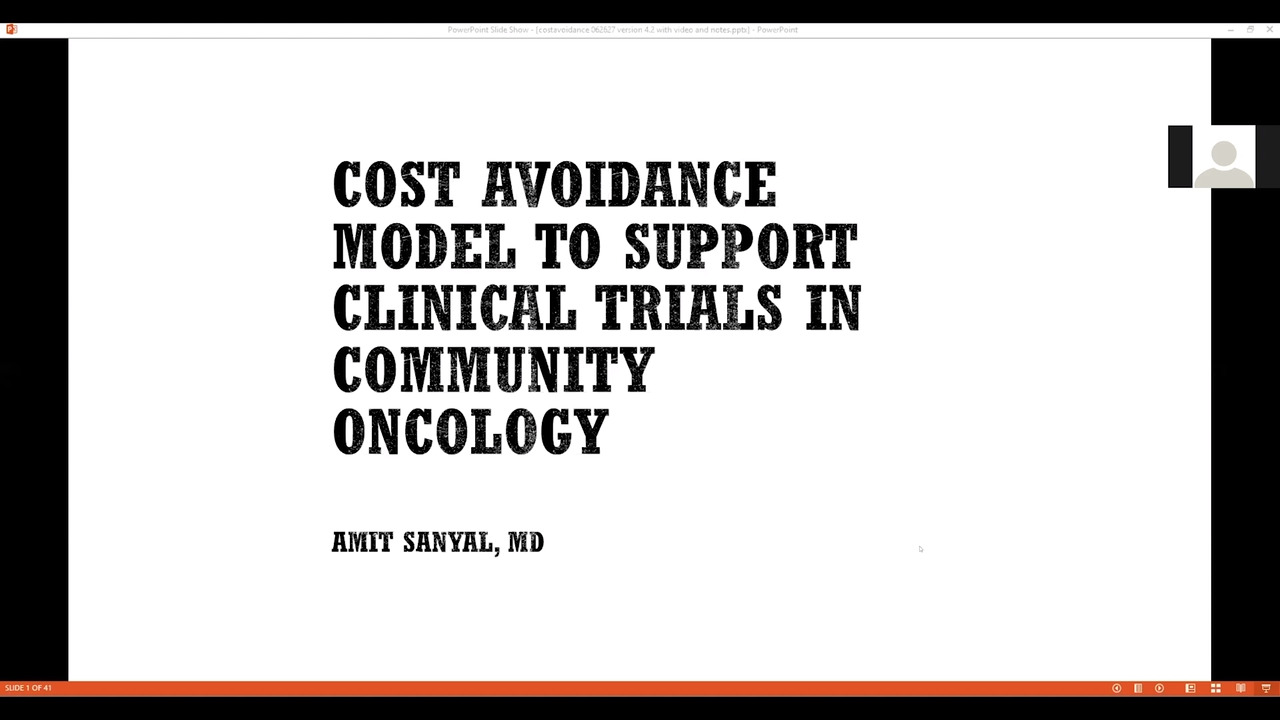Mark J. Ratain, MD, on Chronic Lymphocytic Leukemia: Making a Case for Low-Dose Ibrutinib
First International Summit on Interventional PharmacoeconomicsAdvertisement
Mark J. Ratain, MD, of the University of Chicago, talks about why ibrutinib—which can lead to cardiotoxicities—should be studied at a lower dose for patients with chronic lymphocytic leukemia. Data suggest a reduced dose may prevent dose interruption due to adverse events and may have a better therapeutic index.
